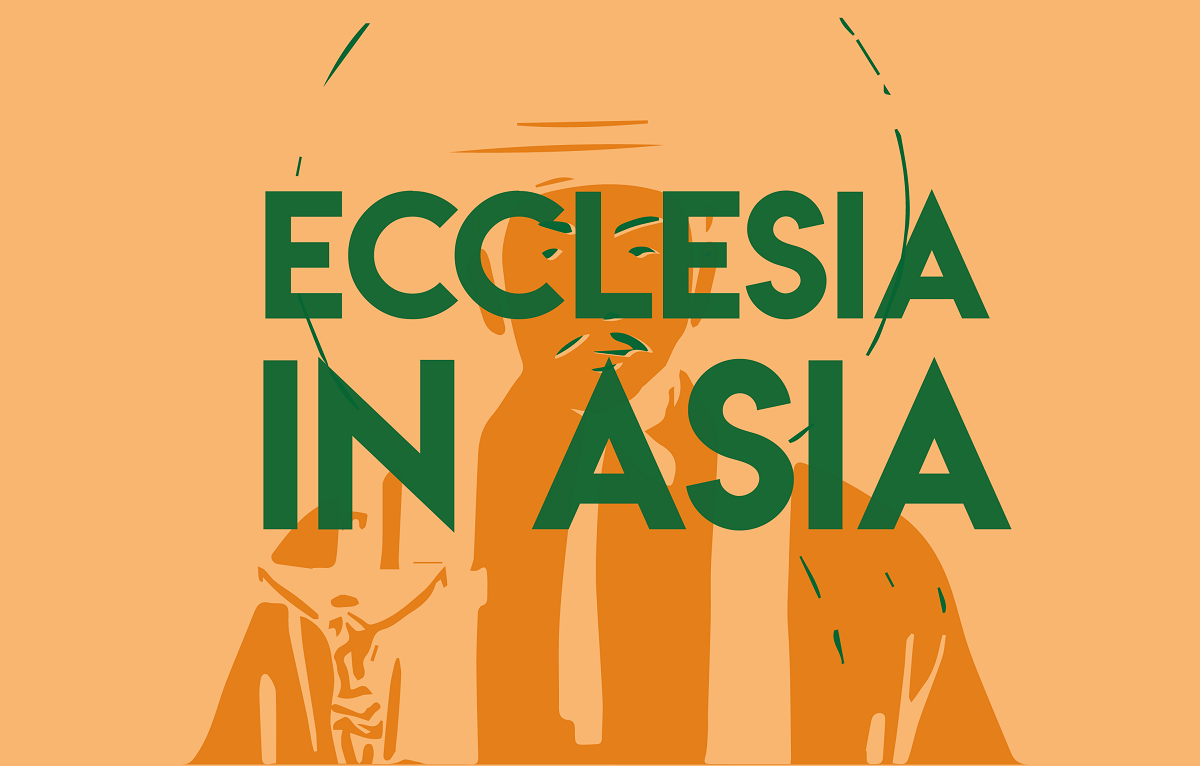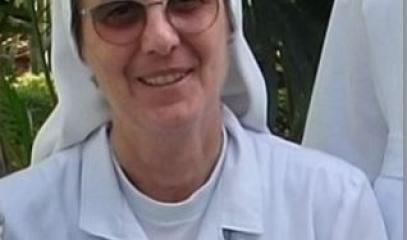Sr. Alma Castagna: The Pope of mercy to heal the wounds of East Timor
An Italian Salesian nun who has been in the country for more than 30 years tells AsiaNews about the expectations of a people that has not yet fully emerged from the ordeal that led to independence. Education and health unresolved problems, the urgent need to train young people in politics. The desire to ‘touch’ and receive a blessing from Francis.
Milan (AsiaNews) - Francis in East Timor is a source of ‘mercy’ because he is visiting a nation that ‘has not yet come out of a troubled period’ although it is not spoken of ‘at an international level’. Sister Alma Castagna, an Italian-born nun of the Daughters of Mary Help of Christians, the Salesian Sisters, who have been in the country for over 30 years, tells AsiaNews about the eagerly awaited visit to what after Papua New Guinea will be the third stop on Pope Francis' apostolic journey to Asia and Oceania.
In the spiritual preparation for his arrival, carried out in a ‘capillary manner in all the parishes’, three documents were chosen: ‘Amoris Laetitia, because of the family,’ she recounts, ‘which is also falling apart here; Laudato Sì, because of the ecological theme; Fratelli tutti, because of the tensions between groups of young people, and the parties. These three were the texts to study in depth, so that they might be an inspiration for a life imbued with faith'.
After leaving Papua New Guinea (and Indonesia before that), the Pope is expected in Dili, capital of East Timor, tomorrow, 9 September, where he will have a meeting in the afternoon with the authorities and civil society, after private talks with President José Ramos-Horta.
The next day, 10 September, he will meet with children with disabilities in a Catholic school in the morning, followed by a meeting with the bishops and clergy in the cathedral, and in the afternoon mass in the Taci Tolu esplanade, the one where St John Paul II also celebrated in 1989, when East Timor was still a province of Jakarta.
The nun of the Daughters of Mary Help of Christians, about 66 years old, half of which have been spent on the island that shares territory with part of Indonesia, 600 kilometres north of Australia, knows first-hand the recent history of the country: from the independence struggle, to the 1999 referendum that sanctioned its detachment, to the recent political turmoil.
The nation is still led today by rulers linked to the ‘struggle for resistance’, while there is little room for young people ‘in the political and social field’, although the average age - according to figures for 2021 - is only 21 out of a total of about 1.3 million inhabitants. For this reason, the Church itself can perhaps contribute more than it has done so far to preparing the younger generations ‘politically’.
Even in terms of education and health, ‘there are critical elements’, observes Sister Alma, who, with her medical degree and mission among people suffering from tuberculosis and other diseases in remote areas, underlines the problems.
‘Education,’ she explains, “is one of the sore points” and this is where the work of the Catholics fits in, starting with the Salesian male and female institutes [10 and 11 respectively, spread mainly in the eastern sector, in addition to the capital], which “want to qualify the spaces that are granted” by the institutions.
‘We try to provide a solid formation: we have girls,’ he says, ’who have completed their high school studies and wish to embrace the consecrated life, but cannot even read. Our presence in the schools is intended to strengthen the level of education, otherwise there will not be a ruling class prepared and able to take the reins of the nation tomorrow'.
For the arrival of Pope Francis, there is great ferment among Catholics, who are nominally 90% of the population, although one fact deserves some clarification: ‘With the arrival of the Indonesians,’ Sister Alma recounts, ‘there was an obligation to include on the identity card one of the five religions recognised by Jakarta.
Faced with the guns of the Muslims and the lack of knowledge of Hinduism and Buddhism, many chose Catholicism (or Protestantism)'. Also because, he continues, the missionaries ‘were very active in helping the population, without forcing them to be baptised; hence many chose the Catholic faith’.
But ‘only’ about 30 per cent probably had a more deeply rooted faith. Hence the motto of the trip, which reads ‘Let your faith, become your culture’. ‘Today those who are really committed are a part,’ comments the nun, ’but up to 90 per cent still attend Mass on Sundays and the places of worship are always packed.
‘The expectation for the pontiff's arrival,’ adds Sister Castagna, who now lives 150 km from the capital in a more remote area, ‘also goes in this direction. In the prayers we recite in the parish and during masses, we pray that he will come to strengthen our faith.
Coupled with the impossible wish that he might see the whole reality of East Timor, even the poorest and most peripheral areas, which have remained virtually unchanged since independence. Many of the faithful, especially the poorer ones, wish deep down that Francis, who has the issue of poverty at heart, could see where they live. They would like to ‘touch’ him, to receive a blessing from him. Because the reality is not only that of the capital and the areas, pre-established, that he will visit'.
Sr Alma has lived in Dili for a long time, but now spends most of her time in the women's orphanages in Venilale and Lava, villages 150 km further south, where we reached her by phone on this ‘chaotic and hectic’ eve.
She returned to the first mission, far from the capital,' she says, “where we have a small clinic”. Over the years, the Salesian mission has set up ‘three large structures: an orphanage, the reason why we came here, which still welcomes 111 girls and young people from 4 to 17 years of age; then we have a small outpatient clinic that works in synergy with a state health centre; finally, a professional food and hotel institute, with 170 students, both boys and girls, the latter guests of the college’.
And it is precisely to women that the nun dedicates a final reflection: ‘For them too, the pope's visit has great significance,’ she explains, ‘They may not be able to express their expectations in words, but it will be an opportunity to recognise their presence, which is very strong in the Church, even if it is little recognised at a structural level. Where there is no parish or a shortage of priests, the catechists are almost all men,' she observes.
’Women are numerically few in the most prominent positions, but they are brilliant because they impose themselves through their work and dedication. There are many female educators, teachers, but at the official level it is always the male side that emerges. This is why,' he concludes, “the presence of the pontiff [who has repeatedly stressed the role of women] will be an opportunity to recognise or re-evaluate the female figure and her work within the Church”.
ECCLESIA IN ASIA IS THE ASIANEWS NEWSLETTER DEDICATED TO CHRISTIAN COMMUNITIES IN ASIA. TO RECEIVE A WEEKLY UPDATE EVERY SUNDAY, CLICK HERE.
02/11/2025 14:08
09/02/2025 12:51
17/11/2024 06:48








.png)










